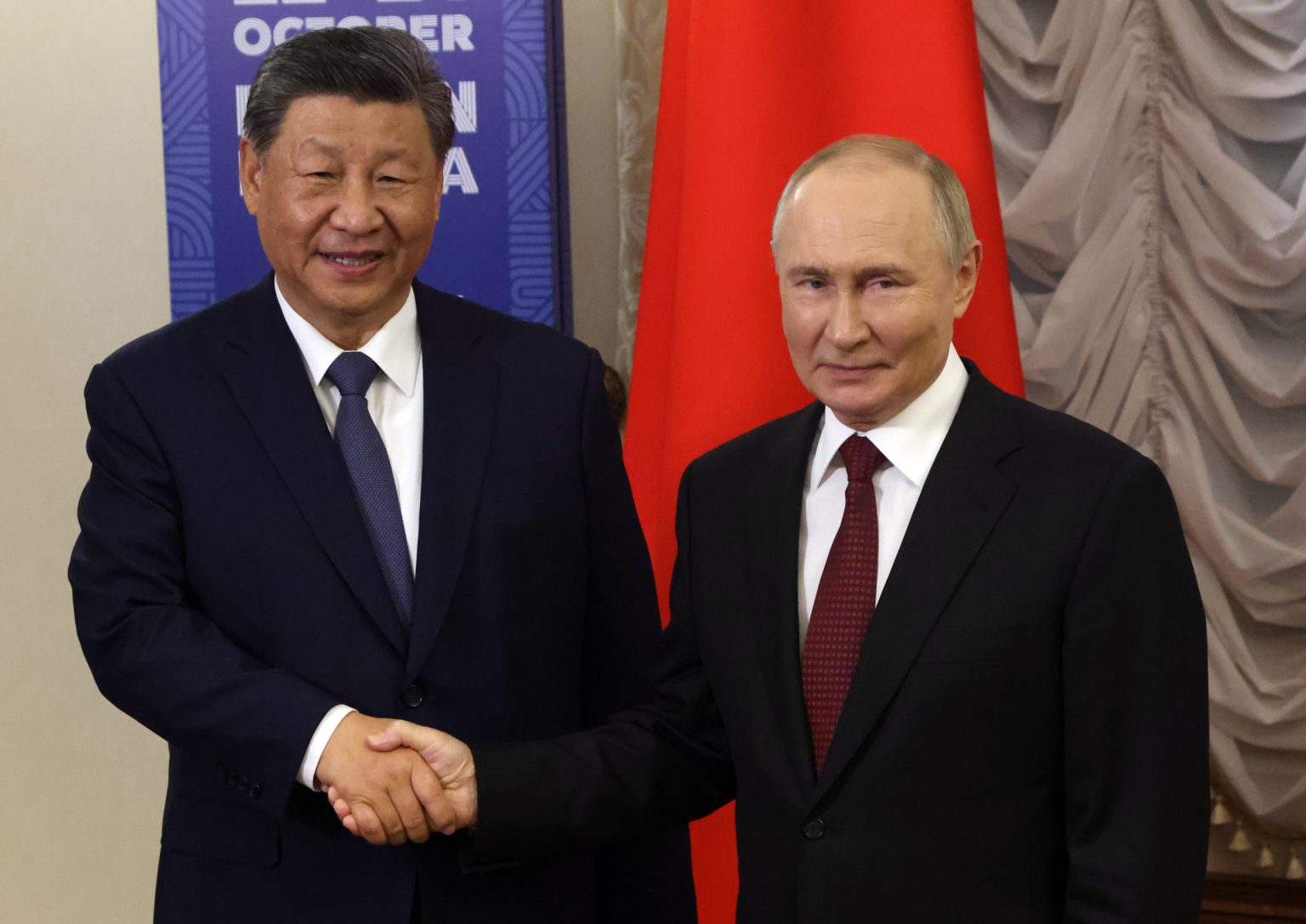The Ronald Reagan Institute’s annual poll on American foreign policy attitudes reveals a significant shift in public perception, with a heightened awareness and concern regarding the growing cooperation among China, Russia, Iran, and North Korea. A striking 86% of respondents expressed worry about these deepening partnerships, with nearly half characterizing their concern as “extreme.” This anxiety reflects a broader trend of increasing wariness towards these nations individually, with large majorities viewing each as an enemy of the United States. This sentiment underscores the evolving geopolitical landscape and the public’s recognition of the potential challenges posed by this emerging alignment of adversaries.
This burgeoning cooperation manifests in various forms, from arms sales and joint military exercises to economic partnerships and shared strategic objectives. The “no-limits” partnership declared between China and Russia prior to the Ukraine invasion exemplifies this trend, with China providing crucial economic support to Russia amidst international sanctions. Furthermore, Iran’s supply of drones to Russia and North Korea’s provision of munitions highlight the practical military dimensions of this cooperation. Joint naval drills among these nations further solidify their growing military coordination, signaling a concerted effort to challenge the existing global order.
American public opinion also reflects a growing recognition of the need for a robust military posture to counter these evolving threats. A significant portion of respondents, 41%, support maintaining a military capable of engaging in two simultaneous major wars, mirroring the traditional “two-war doctrine.” Another 20% advocate for a force capable of confronting China alongside a smaller adversary, suggesting a prioritization of China as the primary threat. These figures underscore a shift in strategic thinking, moving away from a focus on counterterrorism towards great power competition, with China and Russia as the central focus.
The poll also reveals a renewed emphasis on American global leadership. A significant increase, 15 percentage points, in respondents favoring American leadership in world affairs signifies a departure from recent trends towards retrenchment. This shift suggests a growing understanding of the need for American engagement to address the challenges posed by the emerging alliance of China, Russia, Iran, and North Korea. This perceived threat to global stability and American interests fuels the desire for a more assertive American role on the international stage.
The deepening cooperation among these nations raises significant concerns for the United States and its allies. Their coordinated actions represent a challenge to the existing international order and could potentially destabilize various regions. The economic and military support provided to Russia in the context of the Ukraine war demonstrates the tangible impact of this cooperation, posing direct challenges to U.S. foreign policy objectives. The joint military exercises and arms transfers further amplify the growing military threat posed by this emerging alliance.
The Ronald Reagan Institute poll provides valuable insights into American public opinion on these critical foreign policy issues. The growing concern over the cooperation among China, Russia, Iran, and North Korea, coupled with the desire for a stronger military and increased American global leadership, highlights a shift in public perception. This shift reflects a growing awareness of the evolving geopolitical landscape and the need for a proactive and robust American foreign policy to address the challenges posed by this emerging alliance of adversaries. The poll’s findings serve as a crucial barometer of public sentiment, informing policymakers and shaping the future direction of American foreign policy.















